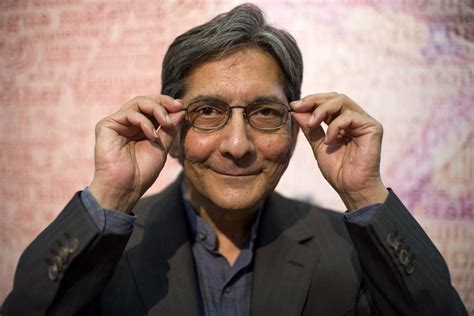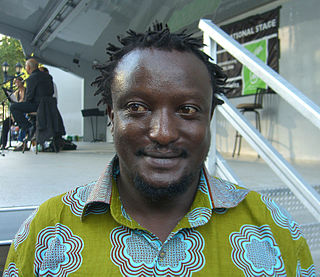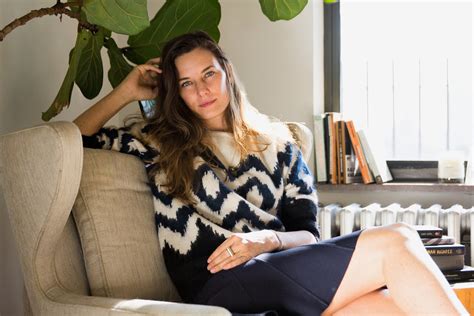A Quote by Kerry Kennedy
When I started working in human rights, Eastern Europe was communist, South Africa was under apartheid and South Korea had military rule. All the changes have come about not because of the militaries or government but because small groups of people spoke out against what was unfair and unjust.
Related Quotes
In general, Iranians believe that all Palestinians have the right to return home and that there is no chosen people on this earth, whether Jewish, Muslim, Christian. Iran had the same policy towards apartheid South Africa and at the time when it was supporting and funding the ANC [African National Congress] among other groups in South Africa, these groups were also considered to be terrorist organizations by many western governments.
When I was in government, the South African economy was growing at 4.5% - 5%. But then came the global financial crisis of 2008/2009, and so the global economy shrunk. That hit South Africa very hard, because then the export markets shrunk, and that includes China, which has become one of the main trade partners with South Africa. Also, the slowdown in the Chinese economy affected South Africa. The result was that during that whole period, South Africa lost something like a million jobs because of external factors.
I was raised in a country [South Africa] with a lot of political turmoil. I was part of a culture and a generation that suppressed people and lived under apartheid regimes. I don't know how you can come out of that and not have an awareness for the world. I think that if my life had turned out any other way and I was working in a bank, I would still feel this way about it, because there's a connection to humanity that to me is really important.
I think the regime in North Korea is more fragile than people think. The country's economic system remains desperate, and one thing that could happen for example would be under a new government in South Korea, to get the South Korean government to live up to its own constitution, which says any Korean who makes it to South Korea, is a Korean citizen. A citizen of the Republic of Korea. And you could imagine the impact that would have inside North Korea if people thought, "If I could get out and make it to South Korea, I could have a different life."
I remember my emotions the day we watched Nelson Mandela walk out of prison Writing & literature in South Africa during the anti-apartheid years, became a 'cultural weapon.' You had to use it to fight apartheid & some of us resisted that in the end, you recognize that you are facing a government that has no scruples about using culture & art to oppress you.
And now South Africa has finally woken up and it is doing great things. And if South Africa becomes the template to what AIDS is in the sub-Saharan continent, then all the other countries are going to follow suit. And Michel Sidibe, who spoke at the breakfast meeting this morning, was saying that there is so much hope for Africa now that South Africa has got its house in order.
When I went to live in South Africa, I immediately began to understand what went wrong. Because here was a place supposed to be under apartheid - I arrived there in 1991 - but here a black person had more say and had more influence over his white government than an average Kenyan had over the Moi government.
I don't think America needs 28,000 men on Okinawa. I don't think we need an army in Germany. What's it for, to protect Germans against the Russians, to protect the French against the Germans? It's just there by inertia, that's my reading of it. I don't think we need an army in South Korea because North Korea is absolutely no threat to South Korea.






































